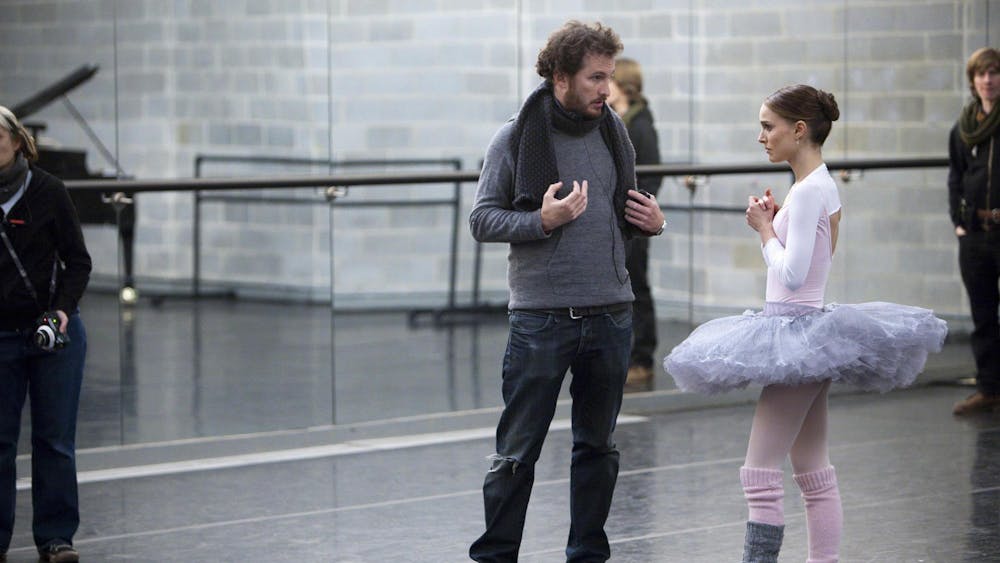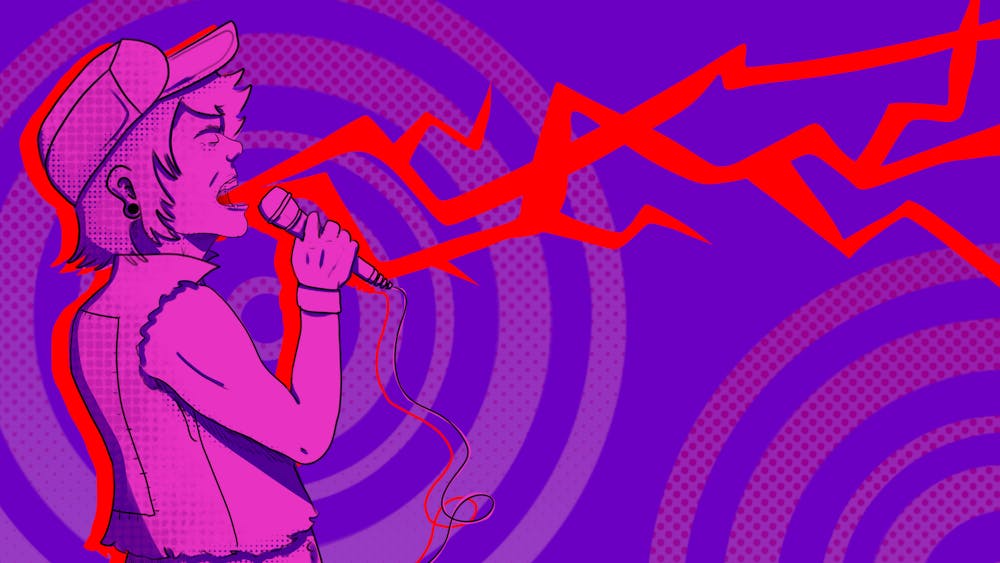Every day, children in schools stand up and recite the Pledge of Allegiance.
Many Americans accept this as normal, but I have serious problems with the Pledge of Allegiance, and my issues with it don’t revolve around the phrase “under God.”
In 1943, the Supreme Court ruled that no one can be forced to say the pledge and most states, including Indiana, also have laws reiterating that it is completely voluntary, although Indiana public schools must set aside a “daily opportunity” for the oath.
Still, no one could deny the pressure on every student to utter those 31 words.
Conformity is near- universal.
Every day, young Americans rise to their feet without batting an eyelash and declare their unconditional loyalty to the “Republic,” the United States government.
They’re taught to value our country above anything else.
True patriotism centers more on valuing America’s principles, from natural rights to rule of law to individualism.
Leaders and administrations are fallible and come and go, but principles are permanently embedded in the bedrock of America.
The pledge’s focus on collectively bowing down to the symbol of a flag and the national government it represents is disturbing.
If you don’t agree, you might change your mind if you glance at photographs depicting early versions of the pledge.
The Pledge of Allegiance was created by the Christian socialist Francis Bellamy in the late 1800s.
Just like today, it was intended for schoolchildren.
As if the fact that it targets the most impressionable segment of the population isn’t suspicious enough, early renditions of the oath also included a gesture in which students would reach their right arms up toward the flag, hand facing down.
This is the Nazi salute.
However, the pledge was eventually altered during World War II after the Nazis embraced the same gesture.
The simple fact is the Pledge of Allegience mindlessly seeks obedience to an authoritative power.
Mindless allegiance isn’t patriotism, but submission.
In other words, reciting an oath does nothing for students’ civic awareness.
Becoming a citizen isn’t about memorizing a pledge any more than it’s about wearing a USA-themed T-shirt or shrieking, “‘Merica.”
The principle of liberty allows us to choose these things.
We can recite the pledge or decide it doesn’t reflect our priorities.
Above all, though, we should remember to think carefully before we pledge our allegiance to just anything.
mitcchri@indiana.edu
@AtlasMitchell





